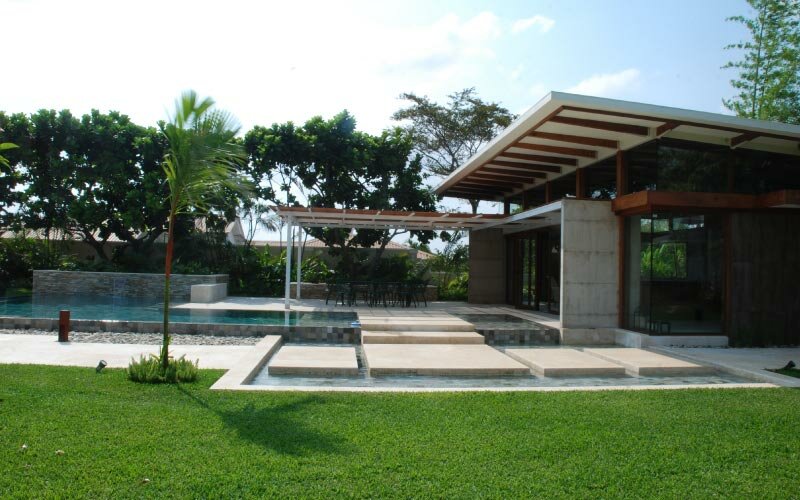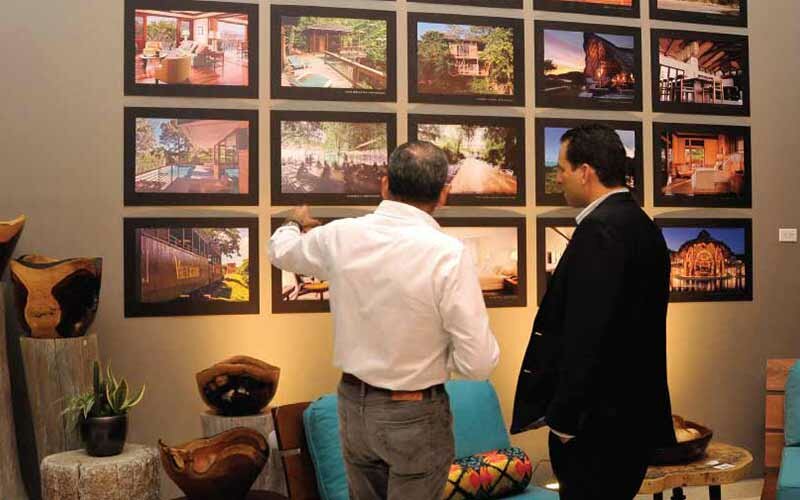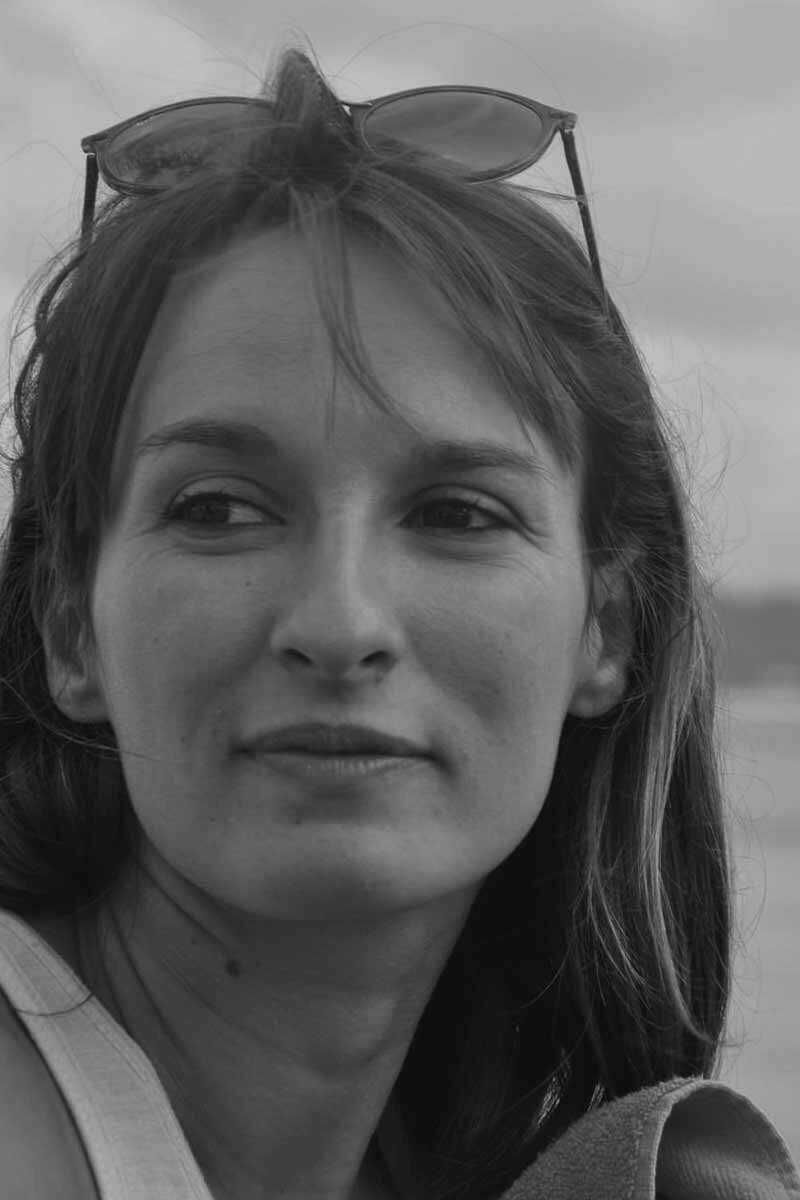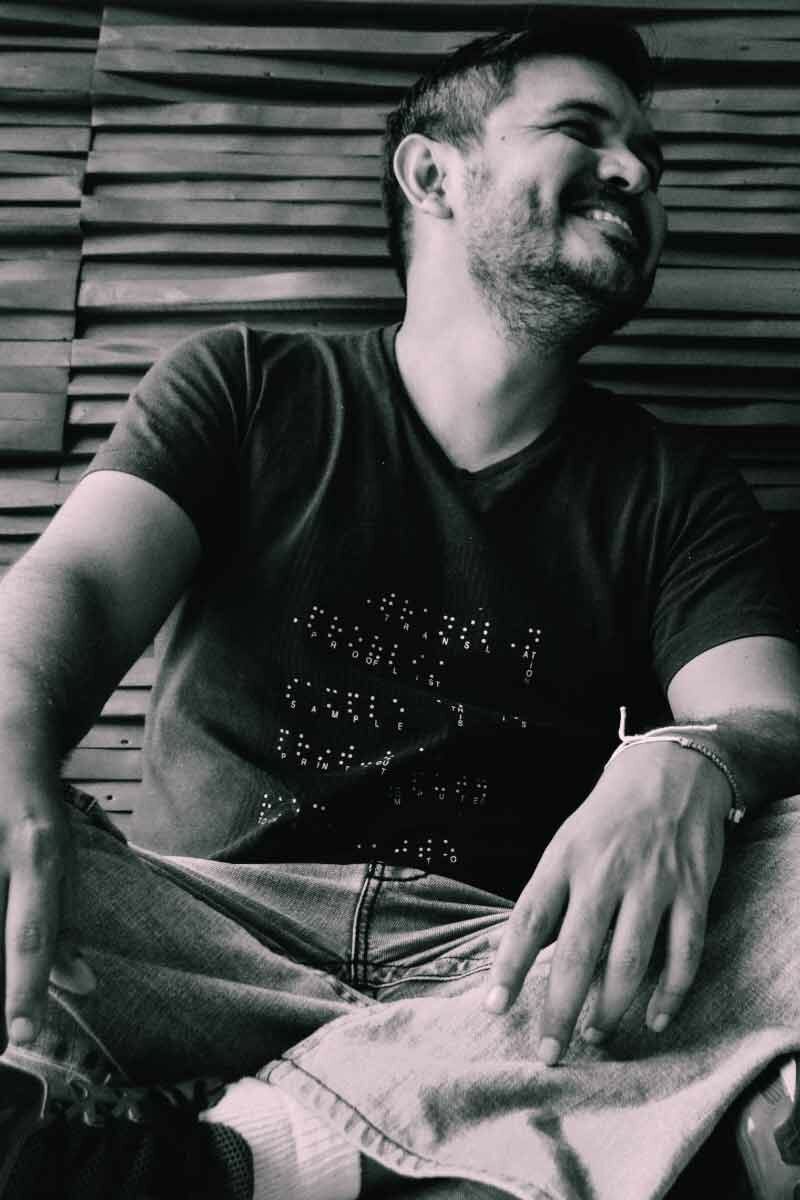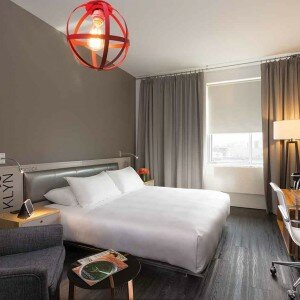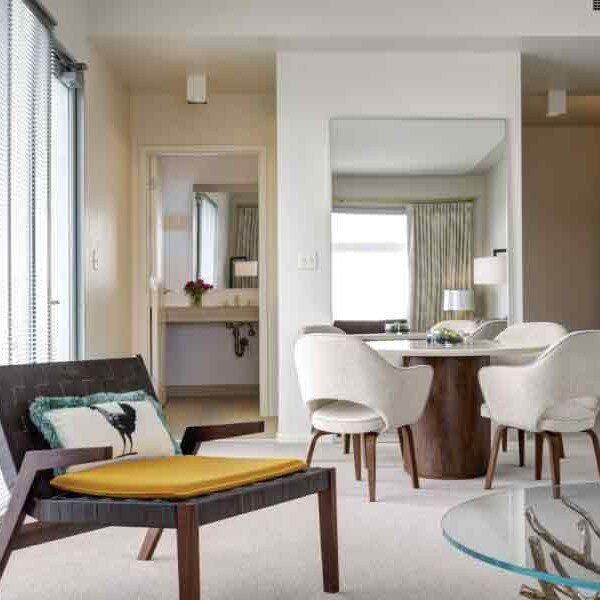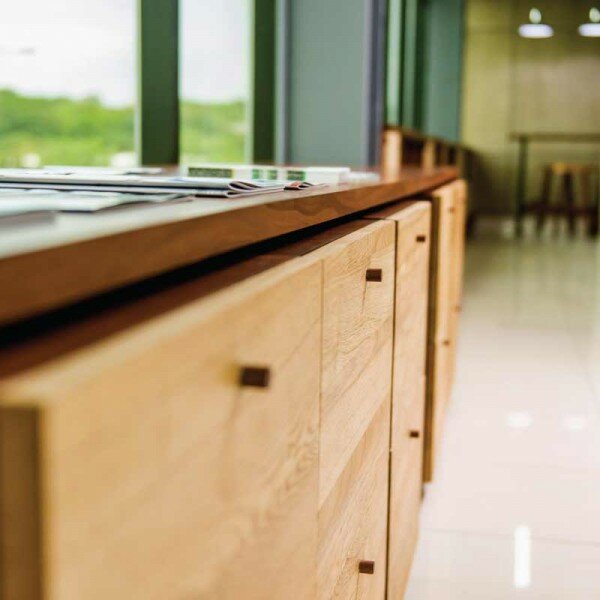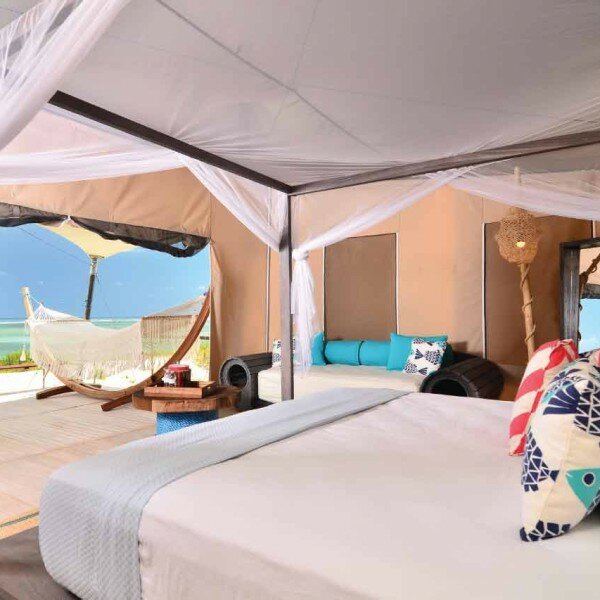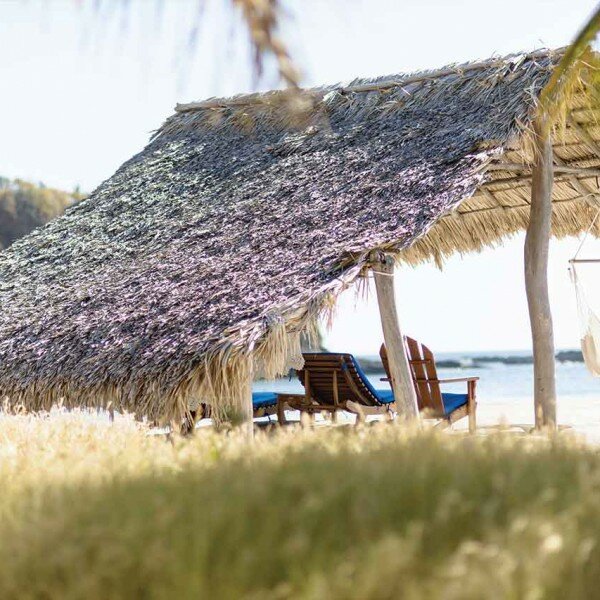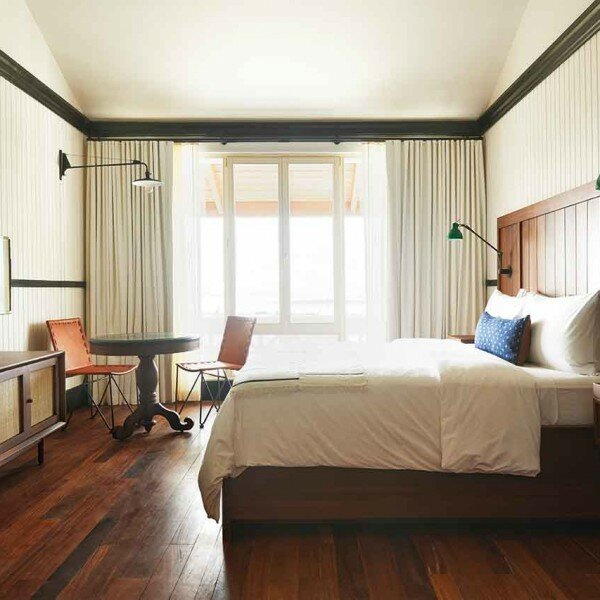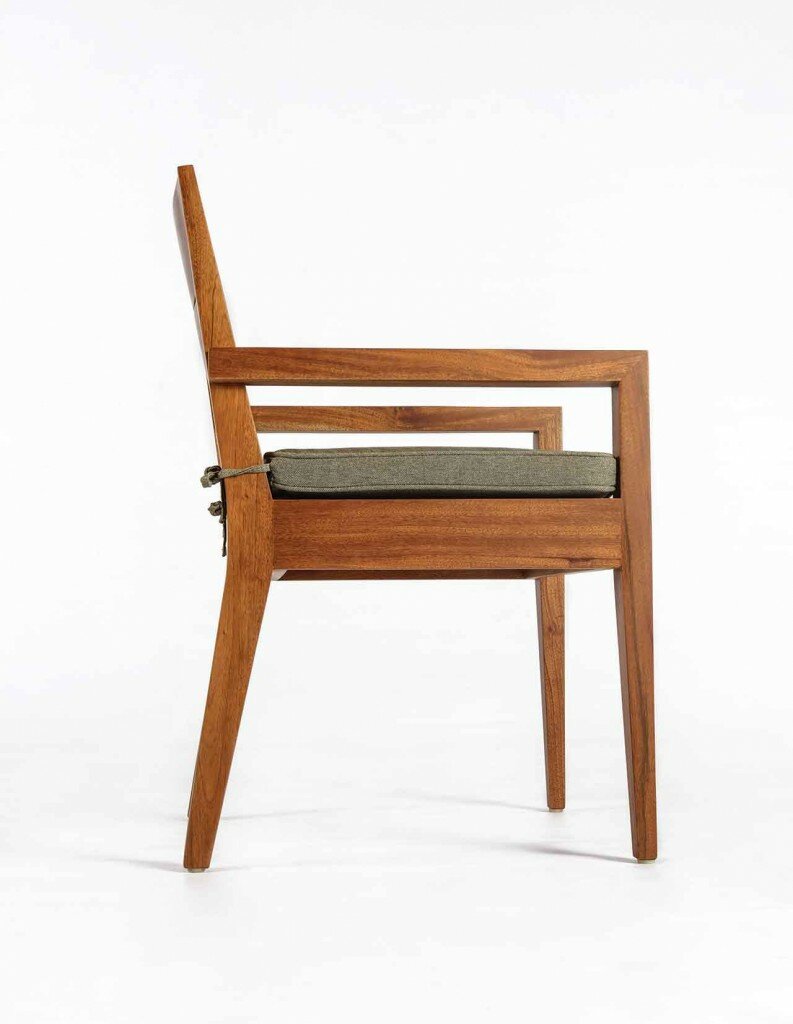A COLONIAL HOUSE WITH A COURTYARD IN THE CENTER OF GRANADA This six-bedroom, six-and-a-half-bath house, known as Casa Blanca, is in the heart of Granada, Nicaragua, a small western city
ContinueAt the heart of Simplemente Madera is the desire to address the needs of our customers by transforming wood into beautiful products. The results could be anything from a unique reception desk to a line of cutting boards, or a prefabricated roof structure to a set of bespoke armchairs. We have the design and technical capacity to work on furniture manufacturing as well as smaller scale furniture and millwork projects.



